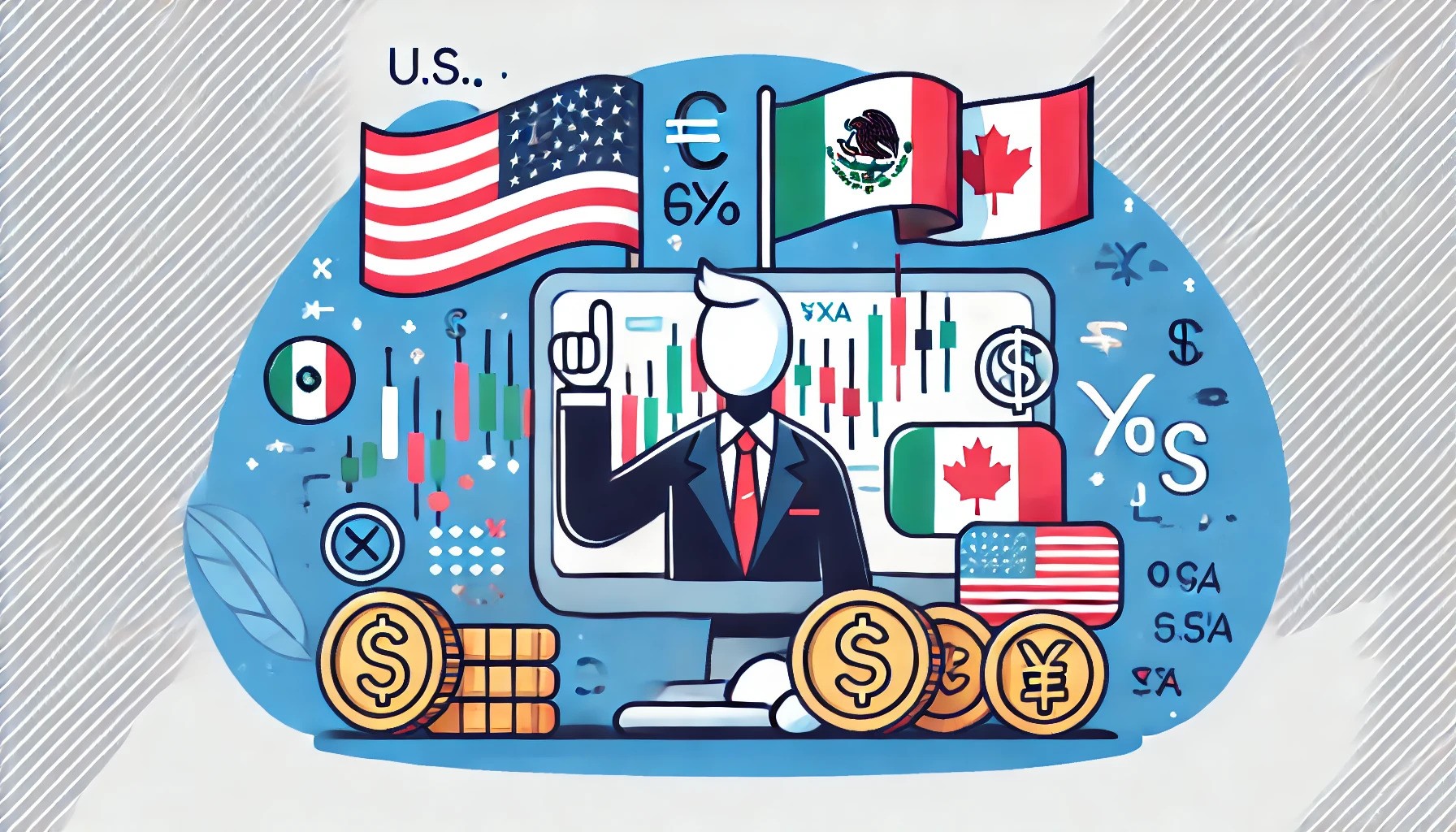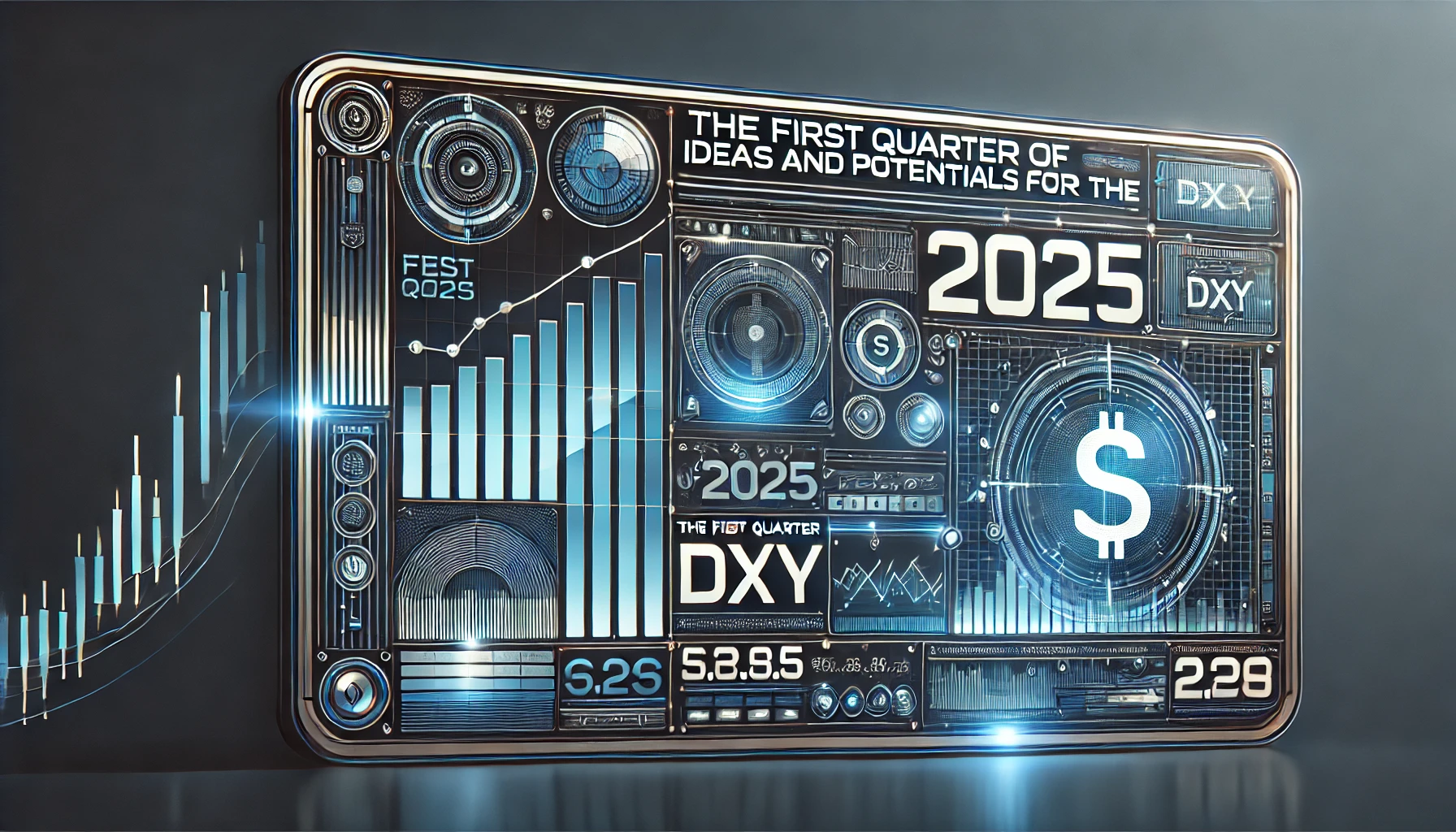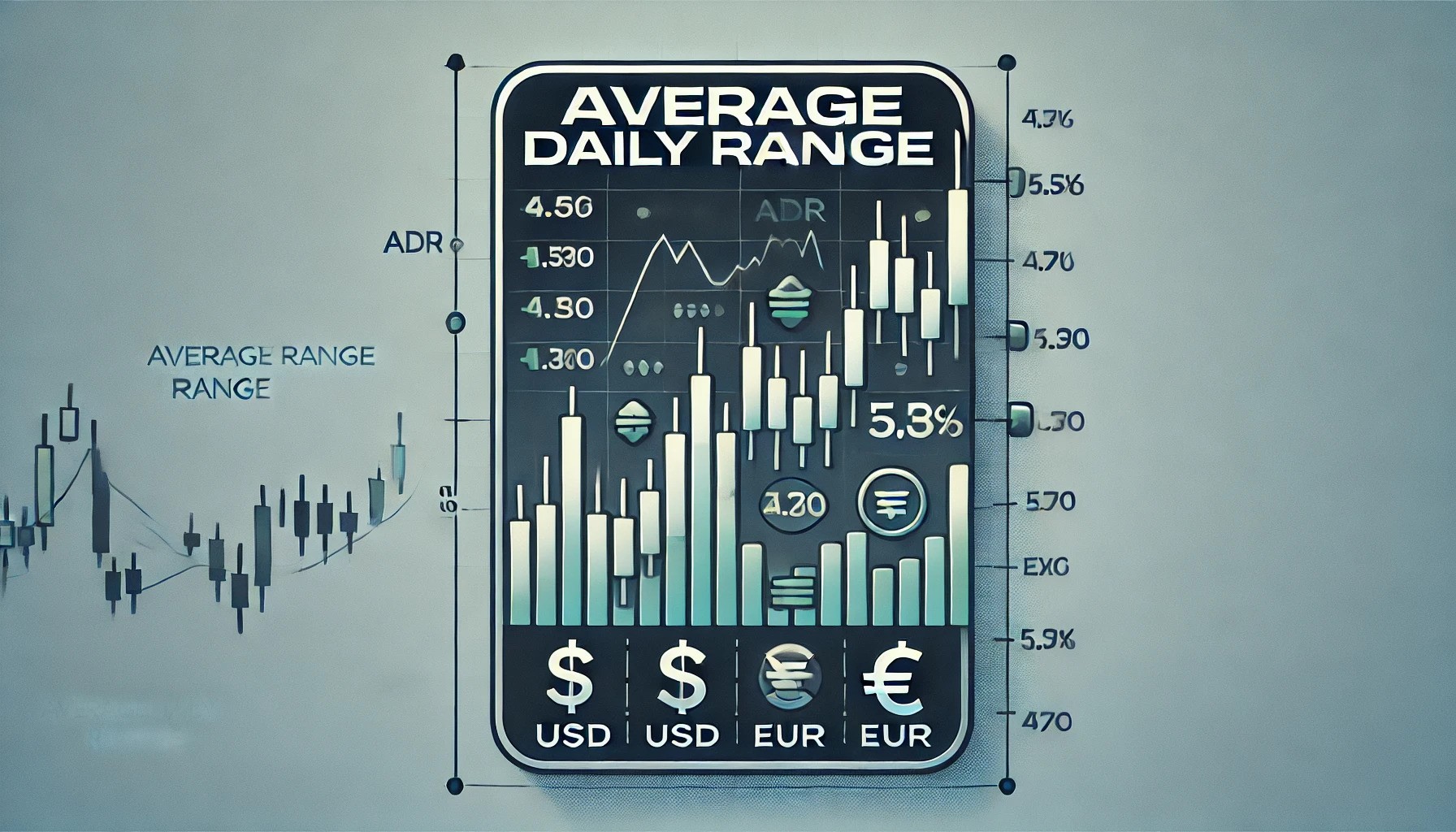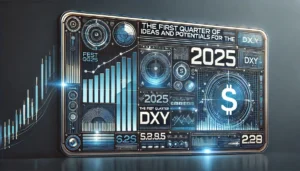Table of Contents
- Finding Your Match on ATS Platforms.
- Alternative Trading Systems: A Different Marketplace for Securities.
- What are Alternative Systems?
- Why Use an ATS? Speed, Savings, and Secrecy.
- Be Aware: Less Openness and Potential Issues.
- Alternative Systems: Where Speed Meets Security.
- alternative Systems: A Different Marketplace for Securities.
- How Orders Move.
- THE SECURITIES (SEC).
The world of investing is like a big city with many ways to get your money working for you. Stock exchanges are like busy streets, with everyone yelling out their buying and selling offers. Alternative Trading Systems (ATS) are more like online marketplaces, where things run a little smoother. It is, like Electronic Communication Networks (ECNs).
Finding Your Match on ATS Platforms.
Imagine you’re looking for a specific toy at a crowded fair. Traditionally, you’d have to wander around asking everyone if they have it. These platforms are more like online stores. You simply tell them what you want or what you have to offer, and they connect you with someone who’s a good fit. If you want to know more tips about ITM Meaning, check this article.
Alternative Trading Systems: A Different Marketplace for Securities.
Traditional stock exchanges like the NYSE and NASDAQ offer a central venue for buyers and sellers to meet and execute trades. However, there’s a growing segment of the market that operates differently: Alternative Trading Systems (ATS), like Electronic Communication Networks (ECNs), which function as electronic marketplaces, come in. So, these are online marketplaces that connect buyers and sellers of stocks and other investments, but in a way that’s different from traditional stock exchanges.

What are Alternative Systems?
Think of an ATS as a stock exchange for the fast lane. They often have fewer rules and regulations, which means things can move quicker and smoother. This can lead to a few benefits for investors like you:
- Faster Trades: it often uses fancy computer programs to match buy and sell orders super quickly, so you might get your trades done in a flash.
- More Privacy: Some of these, like dark pools, let you put in your buy and sell orders without everyone else seeing them. This can be handy for big trades where you don’t want to move the whole market price.
- Less Market Impact: Keeping your orders hidden until they’re matched, so can help you avoid accidentally affecting the price of a stock before you buy or sell.
THE BEST GOLD EA.
In the gold world, a reliable helper is a gold ea (Expert Advisor). It’s like finding a trusted partner for your financial journey.

Why Use an ATS? Speed, Savings, and Secrecy.
So, why might you choose this platform? There are a few reasons. First, things can move very quickly on this platforms, so your trades can happen almost instantly. They can also be cheaper than using the traditional way of buying and selling investments.
Not everyone needs an Ats, but they can be a good fit for investors who want:
- Speed: If you need to make money quickly, the fast pace can be a big plus.
- Better Order Handling: The computer programs can help you get the best possible price on your trades.
- More Control: Dark pools, for instance, give you more control over who sees your orders. Another perk is privacy. Unlike busy streets where everyone can hear your offers, some ATS platforms are more discreet. This can be helpful if you’re making a big trade and don’t want everyone to know.
Be Aware: Less Openness and Potential Issues.
While Alternative Trading Systems platforms have their upsides, there are also some things to keep in mind. Because things aren’t always completely out in the open, it can be harder to know if you’re getting the best deal possible. There’s also a chance that the platform you’re using might try to sell you their investments instead of finding you a better deal elsewhere.
Beyond the Stock Exchange: Exploring.
Stock exchanges like the NYSE are familiar stomping grounds for many investors, but a new option is gaining ground. Think of them as specialized stock marketplaces.
Here’s the key difference:
- Regular Stock Exchanges: Everyone sees buy and sell orders, like an open auction house.
- ATS: More like private markets, so they can connect buyers and sellers directly, sometimes keeping details hidden.
Why consider an ATS?
- Speed Demons: Alternative Systems scan often zips through trades faster than traditional exchanges.
- Privacy Matters: Moving a big block of stock? It can help you keep things under wraps to avoid affecting the price.
- Potentially Sweeter Deals: By directly matching buyers and sellers, it can sometimes snag better prices.
But there’s a flip side:
- Looser Rules: Since they operate differently, they aren’t held to the same strict standards as traditional exchanges.
- Finding the Right Fit: Many different Alternative Systems platforms exist, each with its own specialty and rules.
By weighing the pros and cons, so you can decide if it might be a good fit for your investment strategy.
GET KRAITOSX.
Lazy Trader’s Dream: Make Millions With This Strategy!

Alternative Systems: Where Speed Meets Security.
Alternative Trading Systems are changing the game for stock exchanges. They offer the potential for faster execution and potentially better deals, but it’s important to understand the rules in place to keep things fair and safe. The Securities and Exchange Commission (SEC) acts as the referee.
Here’s what you need to know:
- Registration: The SEC mandates that meeting specific criteria register with them as a national exchange. So, this ensures proper oversight and compliance with federal securities laws. However, it’s important to remember that this secrecy also means there’s less oversight to protect confidential customer trading information.
- Confidentiality of Customer Information: Trust is essential. So, they are obligated to maintain strict safeguards.
- Seller Disclosure: Transparency is paramount. So, it must have mechanisms in place for sellers of securities to disclose all material information to potential buyers. This helps to prevent fraud and protects investors.
- Compliance with SEC Regulations: Playing by the rules. All of them must operate within the bounds of federal securities laws and SEC regulations. So, this includes adhering to anti-manipulation provisions and ensuring fair and orderly markets.
GOLD SIGNALS: FRIEND OR FOE? Click, for more information, on this article.
alternative Systems: A Different Marketplace for Securities.
Excange Stocks in Different Places.
Imagine you’re buying groceries. Usually, you go to a big supermarket where everyone shops and sees the same prices. But what if you needed to buy a ton of bananas? You might go to a special market that caters to bulk buyers, where things work a little differently.
Stock exchanges are like those supermarkets. Everyone sees the buying and selling prices, which helps keep things fair. Alternative Trading Systems (ATS), on the other hand, are more like those bulk markets. They connect buyers and sellers electronically, but not everything is out in the open. This can be useful for big investors who want to buy or sell a lot of stock without affecting the price for everyone else.
Less Strict Rules, More Responsibility.
Traditional exchanges have stricter rules, like showing everyone what people are willing to buy and sell for. Alternative Systems platforms don’t always have to do this, which can be a bit less clear.
The flip side is that ATS platforms need to be registered with a government agency (SEC) to make sure they’re following the rules and protecting investors. This is because there’s less oversight compared to regular exchanges. There’s a key distinction between platforms and exchanges: regulation. National securities exchanges like the NYSE are subject to stricter regulations, including requirements for order book transparency under Rule 301 of Regulation.
Choosing the Right Place to Trade.
Understanding the difference between these two types of marketplaces is important for investors. While these platforms can be faster and potentially cheaper, the lack of openness requires extra caution. It’s like that bulk market You might get a good deal, but you need to be sure you’re getting what you pay for.

How Orders Move.
Alternative Trading Systems, also known as multilateral trading facilities (MTFs) in some regions, can be a good option for investors, but it’s important to understand how they handle your buy and sell orders. Unlike traditional exchanges, they often operate as broker-dealers themselves.
Here’s the key difference to remember:
- Regular Stock Exchanges: Think of them as auction houses. Everyone sees the buy and sell orders. The exchange matches them up to get the best price for everyone.
- Some ATSs: These act more like private marketplaces.
There’s a potential issue:
- Buyer and Seller: so, it might have stocks for sale (acting like a seller) while you’re looking to buy. In this situation, there’s a chance they could sell their shares to you instead of finding you a potentially better deal elsewhere. However, with them acting as both trading venue and broker-dealer, there’s a risk of them “trading against customer order flow.
THE SECURITIES (SEC).
The folks watching over Wall Street, the Securities and Exchange Commission SEC, so are aware of this potential snag with Alternative Trading Systems. They’ve put rules in place to make sure your buy and sell orders are treated fairly.
Here’s what you, as an investor, should keep in mind:
- Understanding Order Flow: It’s important to know how it handles your orders. Look for platforms with clear instructions on how they move your orders around and how they try to get you the best deal (best execution practices).
- Transparency is King: The clearer things are, the better. Choose one that’s upfront about how they handle your money. However, this lack of transparency comes with a caveat. While ATS platforms can offer benefits like faster execution and potentially lower costs, the looser regulations also mean they must register as broker-dealers with the SEC.
Trump’s Tariffs on Mexico and Canada: How They Could Impact
Introduction Trade policies and tariffs play a significant role in shaping global economies, and their effects often ripple through financial markets,…
Delayed Gratification – The Power of Practicing It
Delayed gratification is the practice of resisting the temptation for an immediate reward in favor of a larger, more enduring…
DXY – The First Quarter of 2025: Ideas and Potentials
The U.S. Dollar Index (DXY) is one of the most critical indicators in global financial markets. It reflects the value…
What Does the Trump Presidency Mean for Forex Trading?
The Trump presidency, characterized by its unconventional policies and rhetoric, had profound implications for global financial markets. Forex trading, being…
Average Daily Range (ADR) in Forex Trading
The Average Daily Range (ADR) is one of the most popular metrics in Forex trading, offering traders valuable insights into…
Fixed vs. Growth Mindset in Forex Trading
Forex trading, often considered one of the most challenging financial markets, requires more than just technical analysis and market knowledge….










